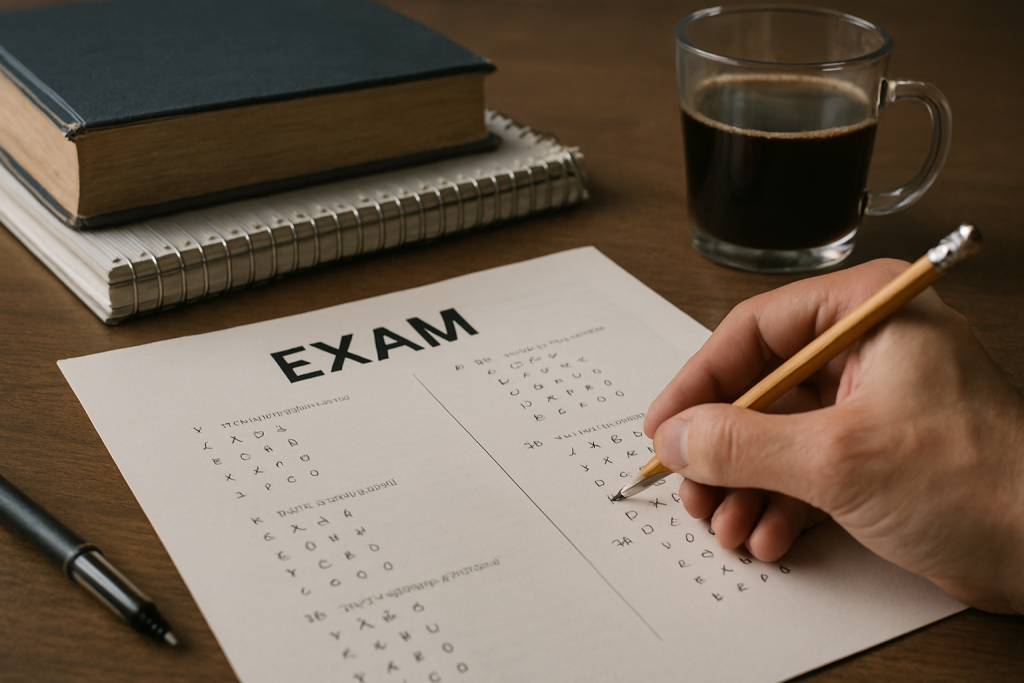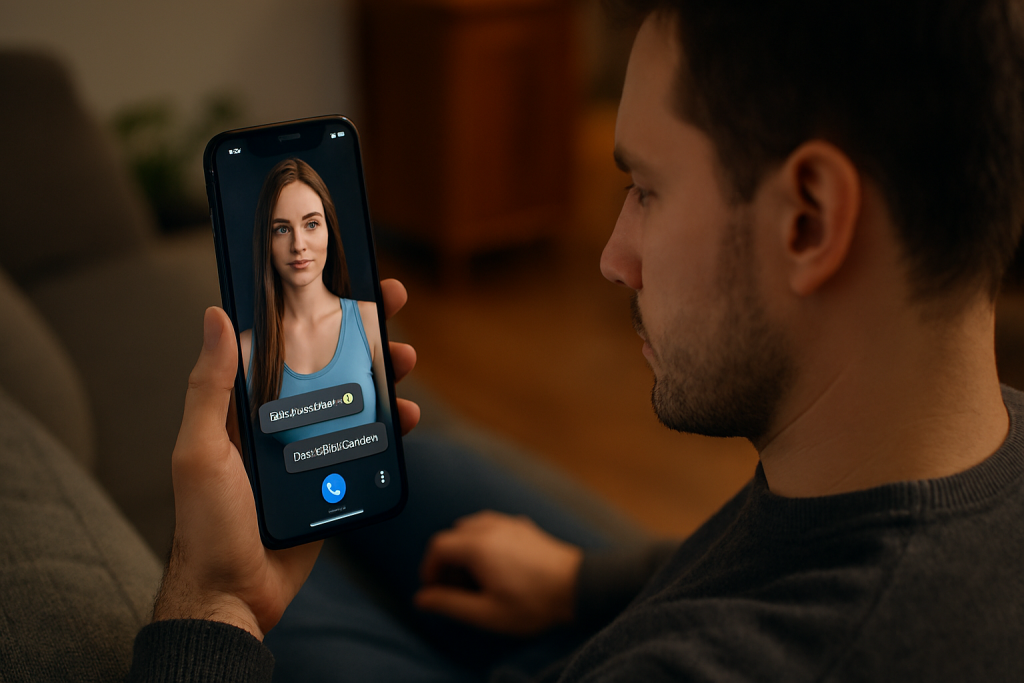Have you ever wondered which primary presidential debate in US history drew the highest number of viewers? In this article, we’ll explore the most-watched primary presidential debates and their significance. Presidential debates play a vital role in the democratic process, allowing candidates to present their policies, engage with voters, and shape public opinion. By analyzing viewership numbers and their impact on election outcomes, we can gain valuable insights into the importance of these debates in modern politics. We’ll also delve into memorable moments from past debates, such as the historic Kennedy vs. Nixon debate in 1960 and the Carter vs. Ford debate in 1976, which shaped perceptions of the candidates. Join us as we examine the influence of presidential debates and their role in shaping US elections.
2016 Presidential Debate: Clinton Vs. Trump
The 6th presidential debate between Clinton and Trump garnered the highest viewership in US history. This debate had a significant impact on voter perception and played a crucial role in shaping public opinion during the 2016 election. The evolution of debate formats was evident in this debate, as it was highly anticipated and heavily covered by the media. The influence of the debates on election outcomes cannot be overstated, as they provide a platform for candidates to present their policies and ideas to a wide audience. Additionally, debates serve as a means to hold candidates accountable for their positions and actions. The accountability of candidates is of utmost importance, as voters rely on debates to gauge their trustworthiness and ability to lead. The Clinton vs. Trump debate showcased the role debates play in shaping public opinion and ultimately influenced the outcome of the election. This historic debate highlighted the significance of debates in the democratic process, providing voters with the opportunity to evaluate the candidates’ qualifications and make informed decisions.
1980 Presidential Debate: Reagan Vs. Carter
Continue the discussion from the previous subtopic by exploring the significance of the 0 Presidential Debate between Reagan and Carter, which drew considerable viewership and had a profound impact on the outcome of the election.
- The impact of televised debates: The Reagan vs. Carter debate in 1980 was a prime example of how televised debates can shape public opinion and influence election outcomes. It drew an audience of 80.6 million viewers, making it one of the most-watched presidential debates in history.
- Vulnerability of candidates: The debate highlighted the vulnerability of candidates when facing each other on a national stage. Both Reagan and Carter had to defend their policies and articulate their visions for the country, exposing potential weaknesses that could sway voters.
- Importance of presenting: Reagan’s single debate performance against Carter was particularly significant. He presented a compelling narrative to the American people, using one-line catchphrases and showcasing his charm and humor. This presentation style resonated with the audience and helped boost his likability.
- Likability of candidates: The contrast between Reagan and Carter’s personalities played a crucial role in the debate’s outcome. Reagan’s relatability and charisma won over the audience, while Carter focused more on facts and policy. The likability factor ultimately influenced voters’ perception of the candidates and contributed to Reagan’s victory.
1992 Presidential Debate: Clinton Vs. Bush Vs. Perot
The 1992 presidential debate between Clinton, Bush, and Perot drew high viewership and had a significant impact on the election outcome. This three-way debate showcased the candidates’ abilities to connect with voters and present a compelling narrative. One crucial factor that influenced the election was the impact of likability. Bill Clinton’s debate performance, in particular, played a crucial role in his success. He was able to connect with voters on a personal level and present himself as relatable and charismatic. This likability factor resonated with the electorate and helped Clinton gain an edge over his opponents.
Furthermore, the three-way format of the debate added another layer of complexity. Each candidate had to navigate the dynamics of engaging with multiple opponents, which required them to be strategic and concise in their responses. Clinton’s ability to stand out and effectively communicate his message in this crowded setting gave him an advantage.
1976 Presidential Debate: Carter Vs. Ford
Get ready to dive into the 6th presidential debate between Carter and Ford, where the stakes were high and the candidates faced off in a battle of wits. Here are four key points to consider regarding the role of debates, their impact on candidates, voter perception, the use of catchphrases, and the vulnerability of candidates:
- Role of debates: Presidential debates serve as a platform for candidates to present their policies and ideas to the American people. They provide an opportunity for candidates to showcase their leadership skills and engage voters in a meaningful discussion.
- Impact on candidates: The debates can have a significant impact on the fortunes of the candidates. A strong performance can boost a candidate’s popularity and generate positive voter perception, while a weak performance can have the opposite effect.
- Voter perception: Debates play a crucial role in shaping voter perception of the candidates. How candidates present themselves and respond to questions can influence how voters perceive their competence, trustworthiness, and ability to lead.
- Use of catchphrases: Candidates often employ catchphrases or memorable one-liners during debates to convey their message and connect with voters. These catchphrases can help candidates make a lasting impression and shape voter perception.
In the Carter vs. Ford debate, both candidates were vulnerable to making mistakes or gaffes that could potentially sway voter opinion. The pressure was on for them to perform well, as their performances in the debate could determine the outcome of the election.
1984 Presidential Debate: Reagan Vs. Mondale
In this presidential debate, you witnessed the clash between Ronald Reagan and Walter Mondale. The debate between Reagan and Mondale, which took place during the 1984 election, had significant historical significance and impact on the election outcome. Let’s take a look at the policy differences, debate strategies, audience reactions, and the overall significance of this debate.
Reagan and Mondale had distinct policy differences that were highlighted during the debate. Reagan, representing the Republican Party, advocated for conservative economic policies, lower taxes, and a strong defense. Mondale, on the other hand, represented the Democratic Party and focused on issues such as social welfare, government intervention, and diplomacy.
In terms of debate strategies, Reagan was known for his charisma and effective communication skills. He often used one-liners and anecdotes to connect with the audience. Mondale, on the other hand, relied more on facts and policy details to make his case.
The audience reactions to the debate were mixed. While Reagan’s performance was well-received by his supporters, Mondale was praised for his knowledge and policy expertise. However, Reagan’s charm and ability to connect with the American people ultimately won over the majority of the audience.
The historical significance of this debate lies in its impact on the election outcome. Reagan’s strong performance in the debate solidified his lead in the polls and contributed to his landslide victory in the 1984 election. The debate showcased Reagan’s appeal as a charismatic leader and played a crucial role in shaping public opinion.
1988 Presidential Debate: Bush Vs. Dukakis
Continuing the discussion from the previous subtopic, let’s delve into the 8th presidential debate between Bush and Dukakis, which holds significance in U.S. history. This debate had a significant impact on the election outcomes and highlighted the importance of televised debates in shaping voter perception. Here are four key aspects to consider:
- Impact of televised debates: The Bush vs. Dukakis debate showcased the power of televised debates in influencing public opinion. The candidates’ performance, demeanor, and communication skills were under scrutiny, ultimately shaping how voters perceived them.
- Candidates’ debate strategies: Bush and Dukakis employed different strategies during the debate. Bush focused on projecting strength, while Dukakis emphasized policy details. These strategies had varying degrees of success in resonating with voters.
- Voter perception during debates: Voter perception during debates can be influenced by various factors, including candidates’ likability, relatability, and ability to connect with the audience. The Bush vs. Dukakis debate demonstrated the importance of these factors in shaping voters’ opinions.
- Role of moderators in presidential debates: Moderators play a crucial role in presidential debates, ensuring fairness, asking probing questions, and maintaining the flow of the discussion. The performance of the moderator in the Bush vs. Dukakis debate likely influenced the dynamics and outcomes of the debate.
2012 Presidential Debate: Obama Vs. Romney
The significance of the 2nd presidential debate between Obama and Romney lies in its impact on voter perception and the shaping of the election outcomes. The debate had a substantial influence on the public’s perception of the candidates and their policies. It provided voters with an opportunity to assess the strengths and weaknesses of each candidate and make informed decisions based on their performances.
The impact of the debate on voter perception was significant. It allowed the candidates to present their policies and ideas to a large audience, increasing political awareness among the electorate. The debate also served as a platform for the candidates to engage with voters, hold each other accountable for their positions, and demonstrate their leadership skills.
The 2nd presidential debate between Obama and Romney played a crucial role in shaping the election outcomes. It had the potential to sway undecided voters and solidify support for each candidate. The candidates’ performances and their ability to connect with the audience had a direct impact on the election results.
Notable Debates in US History
Explore the significant debates that have left a lasting impact on US history. Here are four notable debates that have shaped the political landscape:
- Impact of televised debates: The first nationally televised presidential debate between John F. Kennedy and Richard Nixon in 1960 marked a turning point in political communication. It allowed Americans to see the candidates together and perceive them as equals. This event highlighted the power of television in shaping voter perception and influenced the evolution of debate formats.
- Role of debates in shaping public opinion: The Carter vs. Reagan debate in 1980 showcased the importance of presenting a compelling narrative to the American people. Ronald Reagan’s charm and humor won over the audience, demonstrating the influence of debates in shaping public opinion and swaying voters.
- Influence of debates on election outcomes: The Bush vs. Clinton vs. Perot debate in 1992 played a significant role in Bill Clinton’s victory. Clinton’s likability and ability to connect with voters through the debates contributed to his success. This debate highlighted the impact of the candidates’ performance on election outcomes.
- Importance of presidential debates in modern politics: Presidential debates serve as a platform for candidates to present their policies, engage voters, and hold candidates accountable for their positions. They reflect the democratic process and the right to free speech, making them an essential aspect of modern politics.
These notable debates have demonstrated the impact of televised debates, evolution of debate formats, role in shaping public opinion, influence on election outcomes, and overall importance in modern politics.




